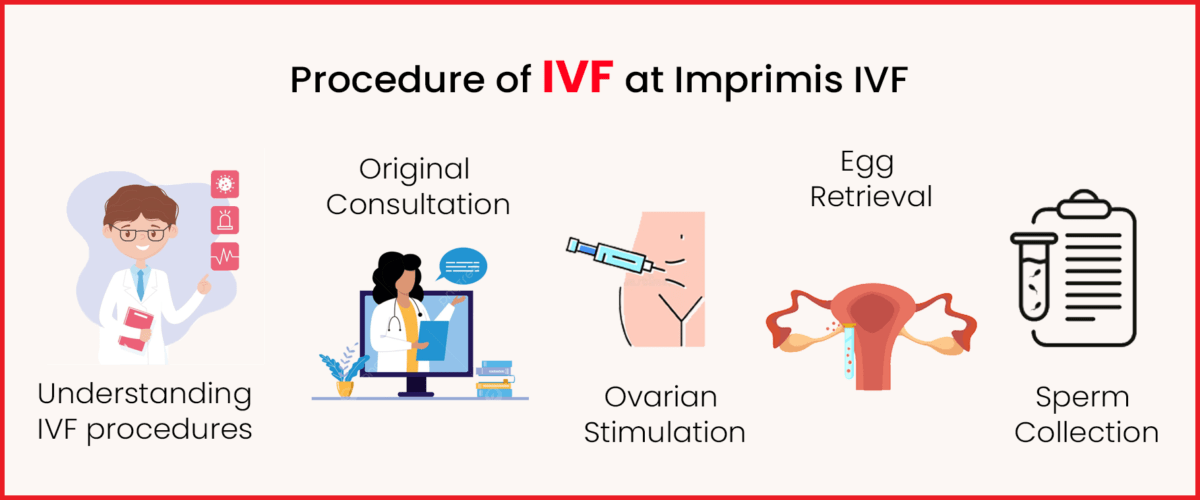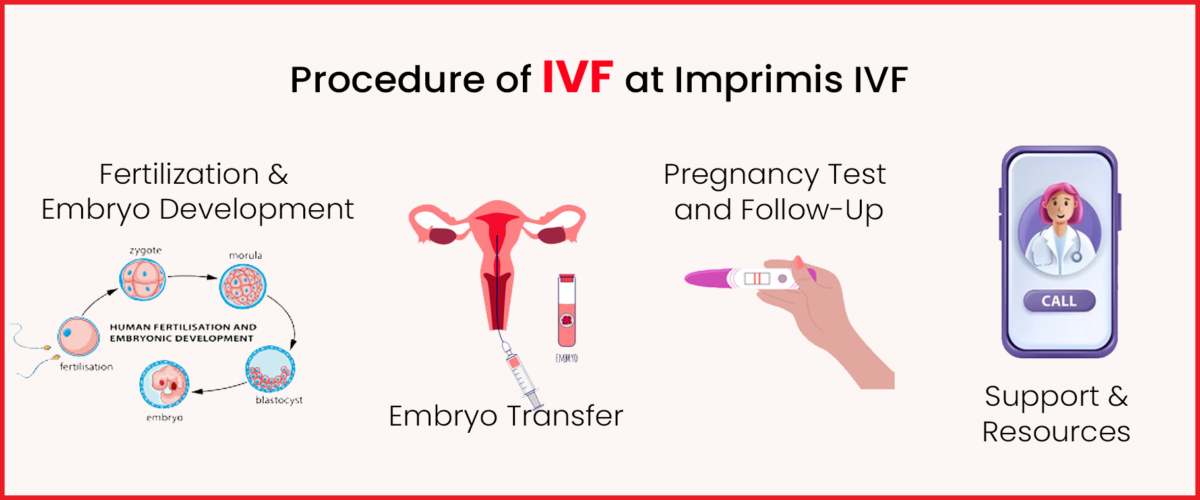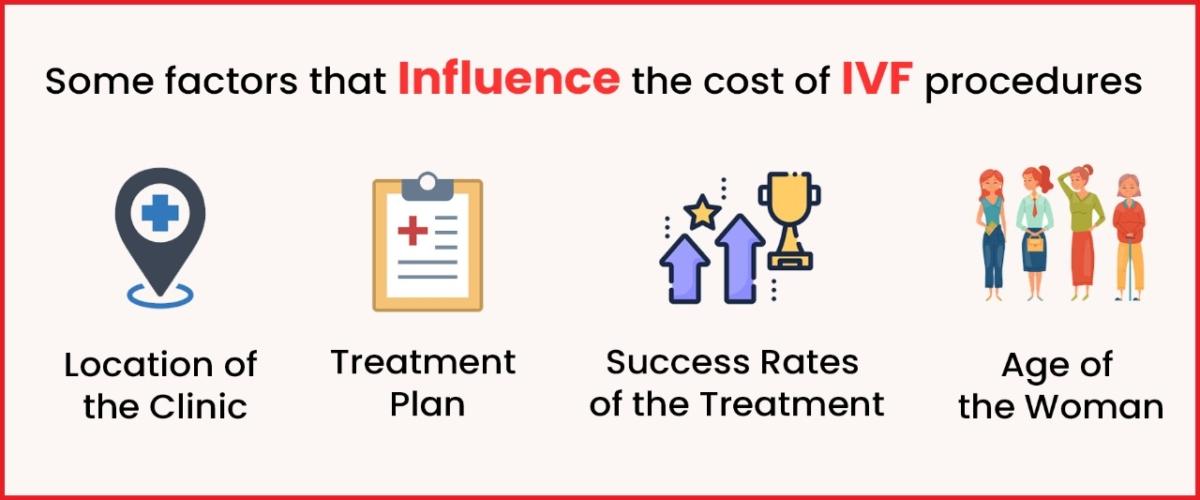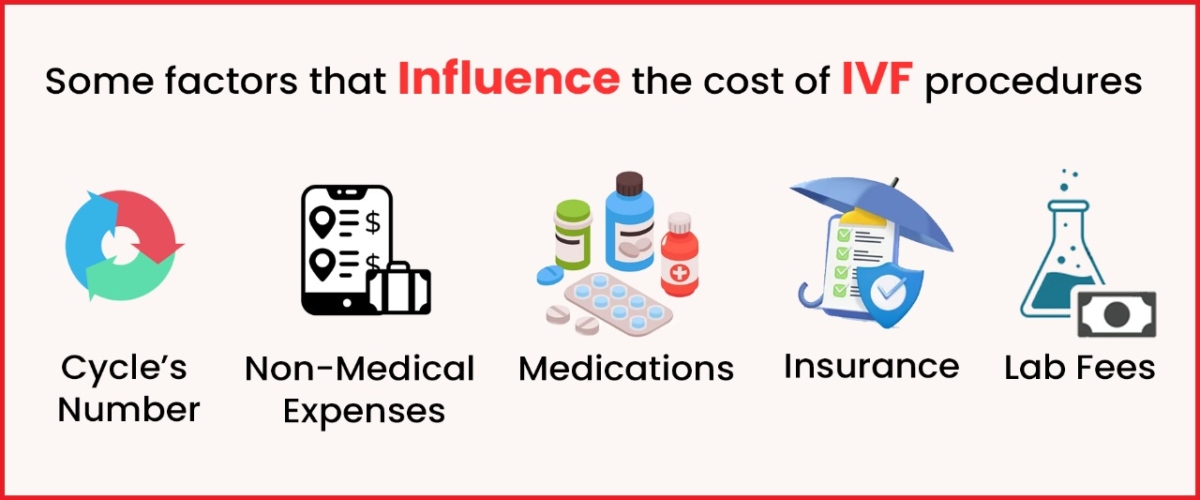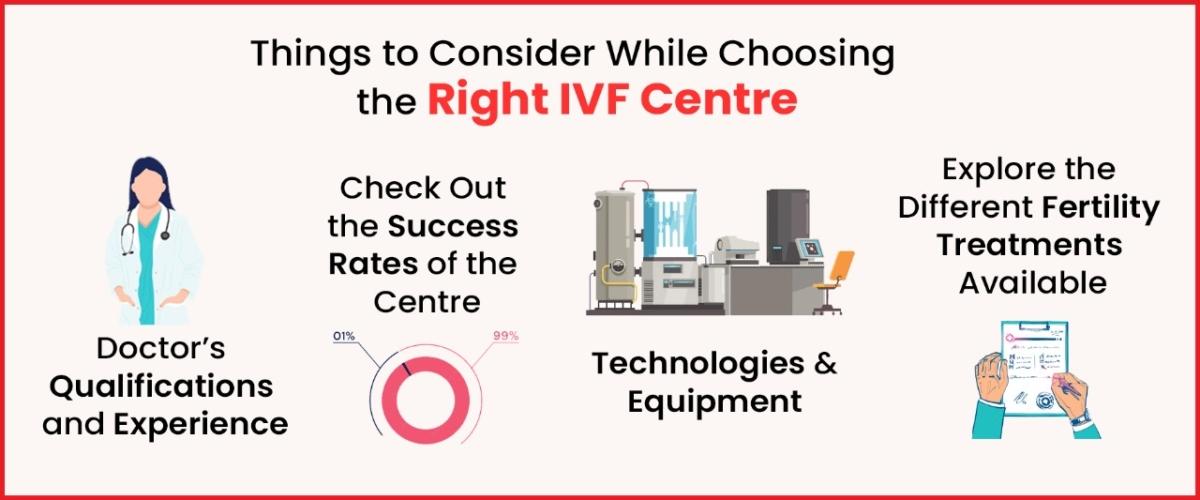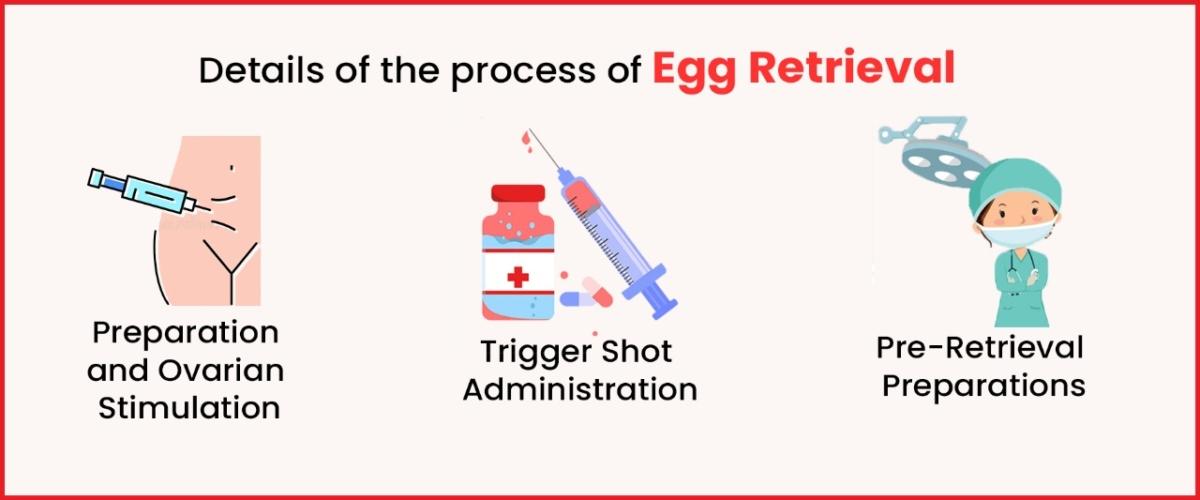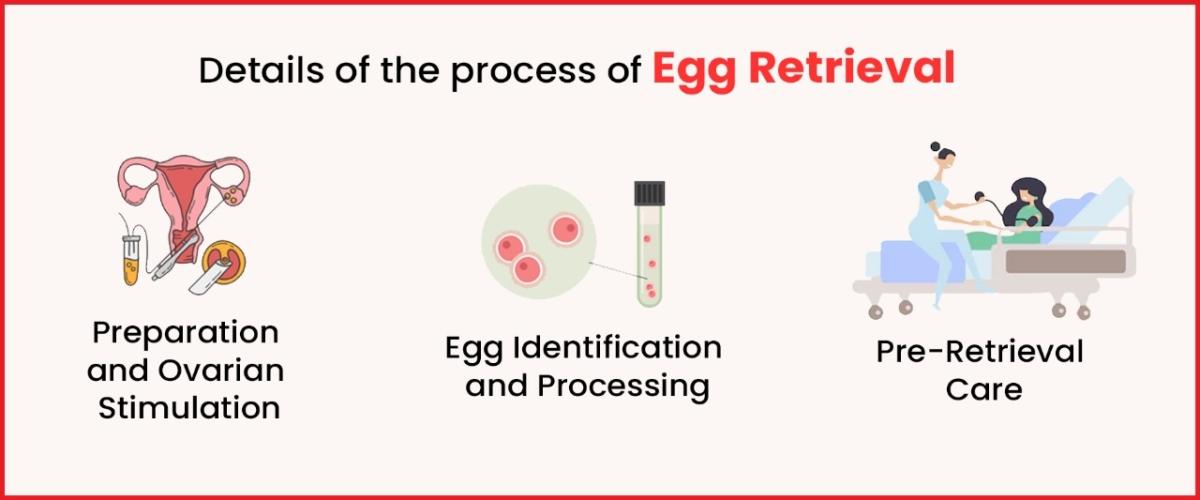The Role of Nutrition in Fertility: Tips for Preparing Your Body for IVF
The Role of Nutrition in Fertility – Nutrition is essential in preparing your body for IVF treatment and making it fit post-treatment. Different nutritional requirements arise in the body after having infertility treatment. Therefore, you must plan a proper diet pre and post-IVF procedures. This article will explore how minor changes to your IVF diet can optimize your chances of success during fertility treatment.
From knowing what nutrients are essential for your body to understanding your food choices, we’ll provide you with authentic hints and guidance to help you along the pregnancy journey of your IVF procedures. Therefore, let’s plunge in and discover how nutrition can equip you for the next stage of infertility treatment.
Role of Nutrition in Fertility
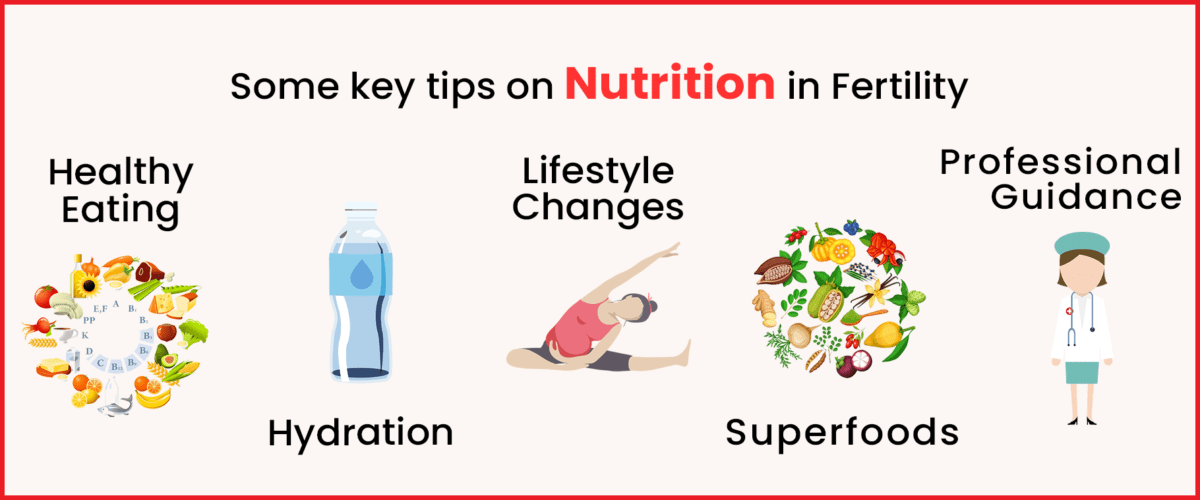
Nutrition and fertility are two crucial subjects that I would like us to look at more closely. For us to conceive, the various nutrients we consume are of great essence as they support our reproductive health. Through the intake of vitamins and minerals, among other essential nutrients, our bodies can be helped in balancing hormones. As with other bodily parts, besides being a building block for the body’s cells, these nutrients are integral in promoting good quality development of eggs and sperm. They also safeguard their viability by shielding reproductive cells from free radicals’ harm through antioxidants. Let’s now explore how nutrition can contribute to your ability to have children during this IVF treatment.
Prepare your body for IVF through Nutrition.
Let us discuss how you can prepare your body for infertility treatment using nutrition. A balanced diet composed of fertility-boosting nutrients is essential. It implies concentrating on foods that contain folic acid, omega-3 fatty acids, and antioxidants. Your weight should also be checked since it is related to the chances of getting pregnant. For optimal fertility, include an assortment of food rich in nutrients like lean proteins, whole grains, fruits, vegetables, and healthy fats. These foods are the building blocks required by your body for reproductive health. Moreover, it’s essential to be wary of foods impeding fertility. Selecting the right food can help prepare your body for the fertility treatment process, increasing success rates.
Nutritional Considerations for Men During IVF Procedures
Let us discover how significant nourishment is for men’s fertility and how it influences IVF results. Nutrition is one of the most critical factors that affect sperm count, motility, and morphology.
These are considered nutrition crucial to sperm health and general reproductive functions. These nutrients include antioxidants, vitamins, minerals, and omega-3 fatty acids that have been said to enhance male fertility.
Additionally, men with healthy lifestyles include regular exercise and maintaining good body mass indexes. Avoiding smoking or excessive drinking will go a long way in boosting their fertility levels.
On top of this process, dieting should be considered by males going through infertility treatment. Involving men means they can actively take part in enhancing their reproductive functionality, hence increasing the successful outcomes of IVF attempts.
Dietary Patterns and Fertility
Let’s examine the relationship between dietary patterns and fertility, discussing the concept of a “fertility diet.” A person’s reproductive health is tremendously influenced by their nutritional habits, which impact such things as ovulation, hormone levels, and sperm quality. This plan stresses the importance of a well-balanced and healthy eating routine that incorporates whole foods while limiting processed foods and added sugars.
The fertility diet focuses on plant proteins such as beans, lentils, and tofu for its nutrient needs with less saturated fat consumption. Studies have shown that sticking to this diet may increase successful conception chances among infertile persons. For information tailored to specific diets for individual clients, one should consider engaging the services of a dietician or healthcare consultant who advises clients about various nutrition options, including those relating to the procreation journey.
Lifestyle Factors and Nutrition for IVF Success
Let’s investigate how lifestyle factors and diet can contribute to IVF success. Preparing your body for the IVF process requires regular exercise and the ability to handle stress. Exercising benefits overall health by improving blood flow while managing anxiety, which can alter levels of hormones and hence help in reproduction.
In addition, proper sleep and healthy living are vital to optimize fertility results. Sufficient sleep aids reproductive health and hormonal balance, while a nutritious meal supplies necessary fertility nutrients. Moreover, holistic approaches such as acupuncture as well as herbal supplements are some other ways of enhancing the success of IVF pregnancy treatments. These complementary therapies enhance general wellness besides being an adjunct to conventional fertility management.
To prepare you for IVF and improve your chances of getting pregnant, keep these in mind – Lifestyle factors and nutrition come first.
Consulting with a Healthcare Professional
Let’s talk about why talking to the best fertility specialist provider about the nutrition you need for your IVF journey is essential. The best fertility specialist will advise on meal choices and correct nutrient imbalances. Your best fertility specialist may guide you on dietary considerations.
When partnering with the best fertility specialist knowledgeable about IVF’s unique circumstances, know that you are taking steps toward optimizing good health in general and increasing the likelihood of conception in particular.
Just had IVF Treatment? Take Care of Yourself with Imprimis
We have covered all the necessary information about the role of nutrition in fertility in this article. Ultimately, the goal of infertility treatment is to help people achieve their dream of starting or expanding their family. You can also visit our official website for more information, and you can search for other topics as well.

